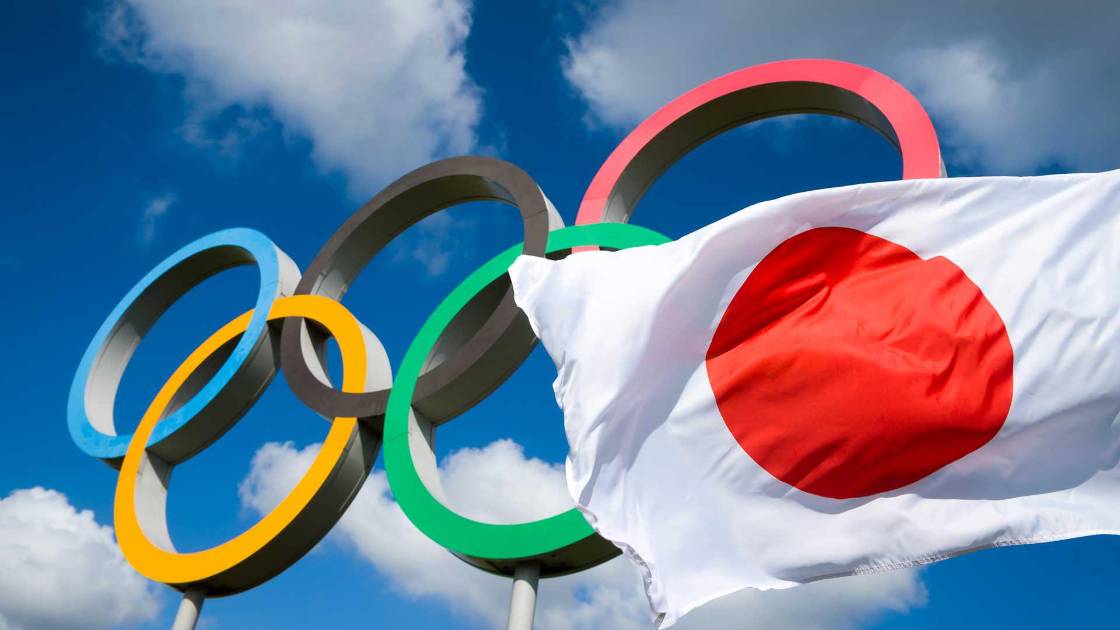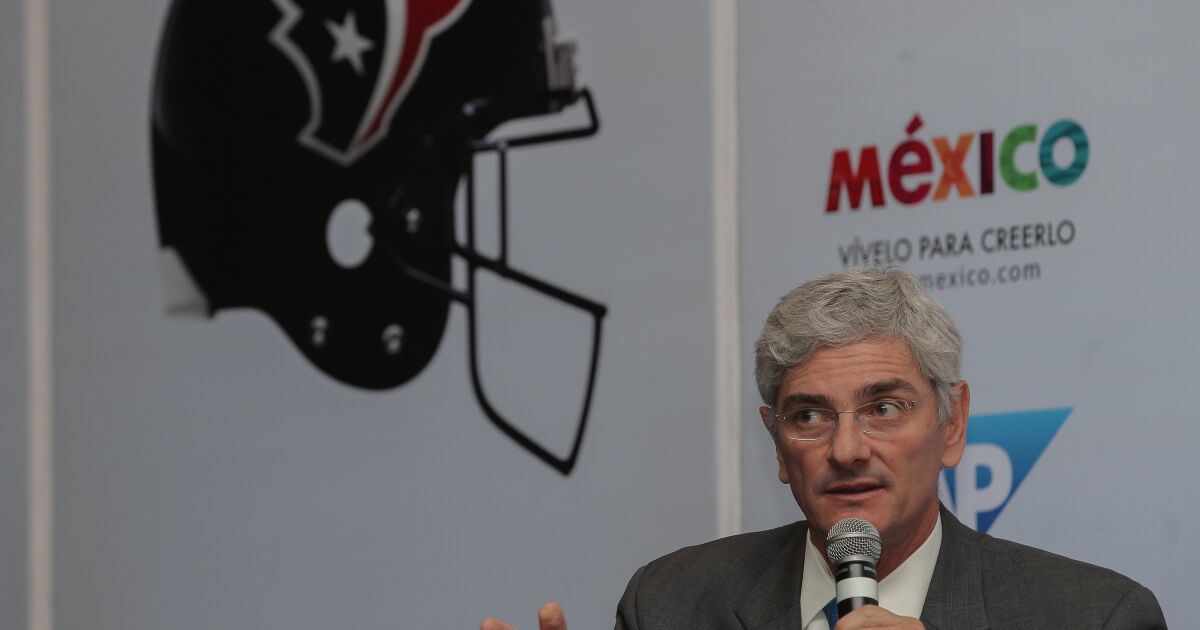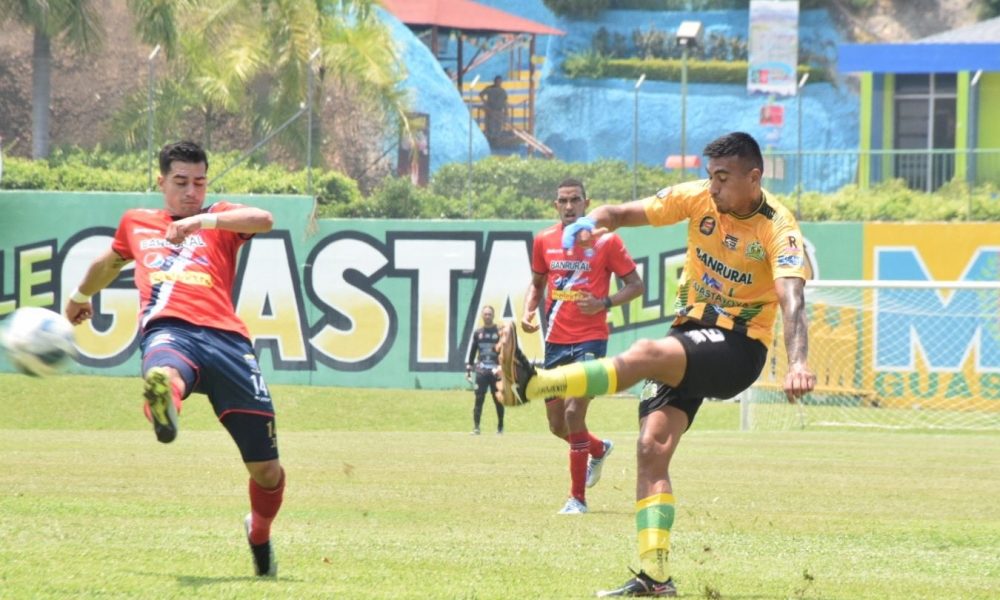Holding an Olympic Games without spectators is still an option for the Tokyo Committee

Tokyo._ The head of the organizing committee said, Friday, that “Games without spectators” remain an option for the Tokyo Olympics, which are scheduled to officially open for four weeks.
Seiko Hashimoto’s admission comes just four days after it was announced that a maximum of 10,000 local fans will be allowed in venues — numbers that do not exceed 50 percent of venue capacity, regardless of which events are aired, whether free or indoor.
Organizers postponed the decision on domestic spectators for several months, while declaring that no outside audience would be allowed. The measure of an audience in the stands contrasts with the warnings of many health experts who have said the best option is to hold an Olympics without spectators due to the Covid-19 pandemic.
“We must reserve the option without an audience while we evaluate the situation,” Hashimoto said at a news conference. “The situation is constantly changing, so we must be flexible and quick when responding to changes. Games without spectators is one of our options.”
Organizers appeared to give in a little to viewers when a commission dedicated to Covid-19 of the Tokyo metropolitan government reported Thursday that there was a “sign of re-infection” in the capital.
The commission noted that infections increased by 11 percent in the past week – based on a seven-day average – and that more cases of the delta-infectious variant were detected. The organizers announced that they would review the decision on spectators after July 11, when the state of “semi-emergency” ends.
Olympics Minister Tamayo Marukawa made another wake-up call on Friday by confirming that a member of the Ugandan team who tested positive for coronavirus upon entering Japan had a delta type.
Hirofumi Yoshimura, the governor of Osaka city, said that later, another Ugandan citizen tested positive for Delta.
Despite extensive testing before travel and upon arrival in Japan, similar cases are expected during the arrival of nearly 11,000 Olympians and 4,400 Paralympians in Tokyo, along with tens of thousands of people including coaching staff, coaches, judges and officials in Japan. The International Olympic Committee and National Federations.
Reports showed that the first member of the Ugandan delegation, a coach, was infected last Saturday at Narita Airport, near Tokyo, and was placed in quarantine. But Japanese authorities allowed the rest of the nine-person team to travel more than 500 kilometers (300 miles) in a chartered bus to their training camp in Izumisano, in the western Osaka prefecture.
“They all brought certificates showing their negative test results,” Izumisano Mayor Hiroyasu Chiomatsu said. “We never imagined they might get infected.”
All team members are now in quarantine at a local hotel.
“The IOC is very interested in learning more about this example (from Uganda),” Hashimoto said. “We will pay great attention to obtaining as much information as possible from this experiment.”
The head of the Imperial Palace Agency said Thursday that Emperor Naruhito is “extremely concerned” about the health risks posed by the games. It was an unusual decision for a celebrity to remain aloof from politics.
He was under no obligation to talk about the Olympics and the fact that he did so is more important than his words.
Hashimoto was asked at least three times about the Emperor’s statements, but gave vague answers without mentioning his name.
“We must remove the anxiety and anxiety of the entire Japanese people,” he said. “We must ensure safe game development. We must put effort into that.”
The IOC is going ahead with the Games in part because roughly 75 percent of its revenue comes from broadcasting rights, this time estimated at $3 billion to $4 billion.
The official cost of the games is $15.4 billion, although various government reviews suggest the figure is much higher. Everything but the 6.7 billion comes from public money. The IOC contributes about 1.5 billion.

“Reader. Beer practitioner. Web expert. Subtly charming travel geek. Friendly music specialist.”











